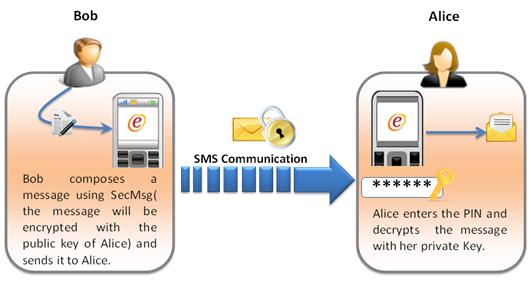As technology continues to advance, so does the need for secure healthcare communication. In a world where sensitive medical information is constantly being shared, it’s more important than ever to ensure that information is protected from unauthorized access or disclosure.
One of the primary concerns with transmitting healthcare information is that it often contains personally identifiable information (PII) that can be used for identity theft or other malicious purposes. In addition, healthcare communication often involves several parties, including patients, doctors, nurses, and other healthcare professionals, which can make it difficult to maintain confidentiality.
Fortunately, there are several measures you can take to achieve secure healthcare communication. One option is to use encrypted messaging applications, which help to prevent unauthorized access to sensitive information. Another option is to use virtual private networks (VPNs), which create secure connections between devices and networks and can help to keep data safe from hackers or other unauthorized users.
At the same time, it’s important to ensure that all parties involved in healthcare communication are aware of best practices for protecting sensitive information. This may involve providing training on secure communication methods, as well as establishing clear policies and guidelines for handling sensitive information.
By taking these steps, you can help to ensure that patient information remains confidential and that healthcare communication is conducted securely and efficiently. As we continue to rely more on technology in healthcare, it’s more important than ever to prioritize secure communication and protect sensitive information from unauthorized access or disclosure.
Risks of insecure healthcare communication
Insecure communication in healthcare can lead to serious consequences like data breaches, stolen medical records, and unauthorized access to patient information. This not only affects the confidentiality of patients but also their trust in healthcare providers. Cyber attacks make it crucial for healthcare organizations to implement secure means of communication that protect patient data and comply with regulations.
Healthcare professionals need to be aware of the risks of insecure communication, and take proactive measures to secure patient information. This includes using secure messaging apps and email encryption to prevent unauthorized access to patient data. Additionally, healthcare providers should implement policies and procedures for secure communication, such as access control, strong authentication methods, and regular vulnerability assessments to mitigate risks.
Benefits of secure healthcare communication
Implementing secure communication practices can bring numerous benefits to healthcare providers and patients alike. Using secure messaging and email encryption can ensure that sensitive patient information is shared only with authorized individuals, protecting it from cyber threats that may put patients at risk.
Secure communication also enhances the efficiency of healthcare systems by streamlining communication among providers and reducing the risk of mistakes that can occur when using other communication methods like phone calls or faxing. Moreover, secure communication can improve patient satisfaction by increasing the level of communication between patients and providers as well as enhancing the quality of care.
Best practices for secure healthcare communication
To maintain secure communication, healthcare providers should follow certain best practices. These include conducting regular risk assessments to identify vulnerabilities and implementing a security policy that addresses potential risks. Providers should also evaluate and choose secure messaging tools and email encryption that meet regulatory requirements and are user-friendly.
It is important to train healthcare staff on secure communication practices and provide them with resources such as guidelines and training materials. Consistently monitoring and updating technology solutions, as well as keeping up-to-date with industry standards and regulations, can also ensure that healthcare providers maintain secure communication practices and protect patient information.
